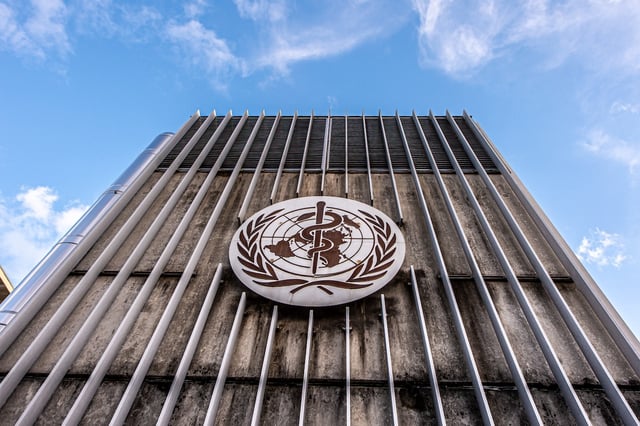Overview
- The World Health Organization's 2025 report reveals that social determinants like housing, education, and employment influence health outcomes more than genetics or healthcare access.
- Life expectancy gaps remain stark, with people in the lowest-ranked countries living 33 years less on average than those in the highest-ranked nations.
- Global under-five mortality rates have halved since 2000, and maternal mortality has dropped by 40%, but both must decline further to meet 2040 targets.
- Structural barriers such as economic inequality, climate disruptions, and high national debt are exacerbating health inequities within and between countries.
- WHO calls for coordinated, cross-sector action to address systemic drivers of inequality, including investments in social infrastructure and universal public services.



